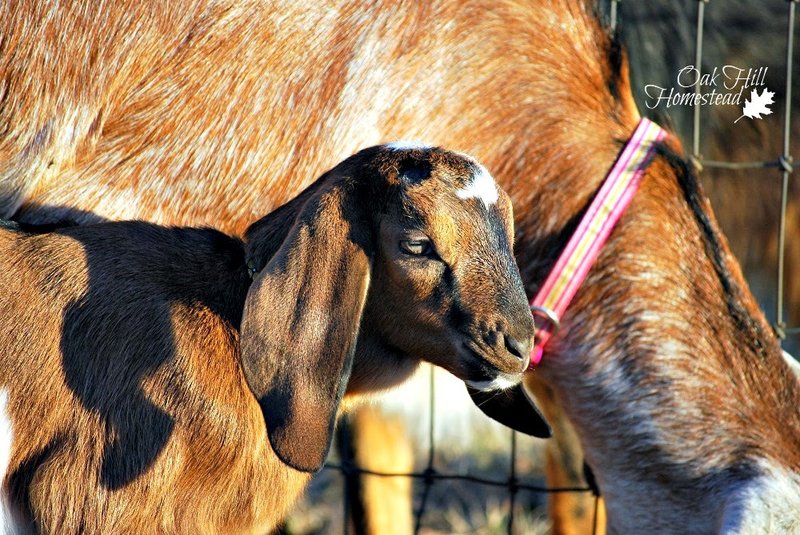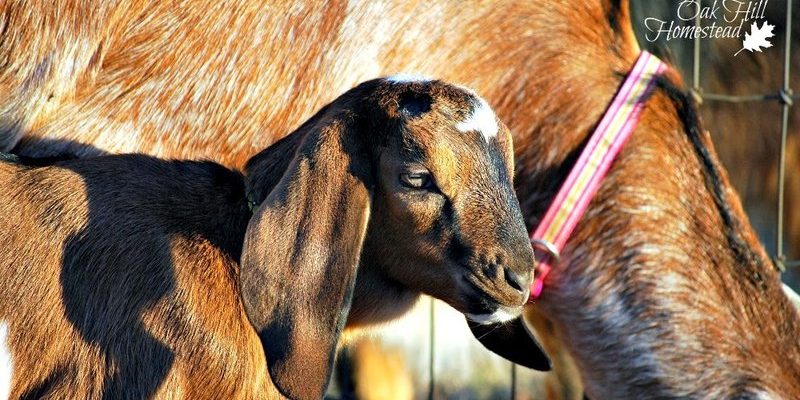
Breeding Nubian goats isn’t just about having cute kids; it’s about understanding their needs during pregnancy, the birth process, and the early days of their lives. If you’re curious about how to navigate this world, you’re in the right place. Let’s break it down step-by-step to ensure you’re well-prepared for this beautiful process.
Understanding Goat Gestation
The *gestation period* for Nubian goats typically lasts about 150 days, or roughly five months. Knowing this timeline is crucial for any breeder. Think of it like planning a big party—you need to have everything set up and ready before the guests arrive! During this time, the pregnant doe will experience various changes. Her body will prepare to nurture her kids, and as the delivery date approaches, you might notice some signs that she’s getting close.
During gestation, providing proper nutrition is key. A balanced diet ensures that the doe gets all the vitamins and minerals needed for healthy kid development. Focus on:
- High-quality hay
- Grain feed, particularly for the last month of pregnancy
- Access to fresh water
- Mineral supplements, especially calcium and phosphorus
You might be wondering about any specific behaviors during this time. Pregnant Nubian does may become more affectionate or seek solitude as they prepare for motherhood. Keeping an eye on them and noting any changes can help you anticipate when they’ll go into labor.
Kidding: The Birth Process
When it comes time for *kidding*, the excitement is palpable! As the due date approaches, it’s wise to set up a kidding area that is clean, quiet, and free from distractions. This space can be a simple barn stall or a sheltered area in your pasture. It should provide the comfort and safety your doe needs during this significant moment.
Watch for signs that labor is near, such as:
- Restlessness
- Frequent urination
- Yawning or vocalizing
- Looking at her belly or tail head
During the actual birth, Nubian goats often require little intervention. However, it’s essential to be prepared. If the doe appears to be struggling or if there are any concerns, don’t hesitate to consult a veterinarian. Having supplies ready, like clean towels and iodine for the umbilical cords, will ensure you’re ready to assist if needed.
Caring for Newborn Kids
Once the kids arrive, your job shifts to their care and well-being. These little bundles of joy require special attention in their first few weeks. Right after birth, it’s vital that each kid begins nursing within a few hours. Colostrum, the first milk, is packed with essential antibodies that help boost the kids’ immune systems.
If you notice any kids struggling to nurse, you might need to intervene. Here’s a quick guide:
1. Check for positioning: Make sure the kid is correctly latched onto the teat.
2. Assist if needed: Gently guide the kid to the doe.
3. Consider bottle feeding: If the doe is uncooperative, you can bottle-feed with colostrum if it’s available.
As the weeks go by, new kids thrive on a balanced diet that includes not just milk but also hay and small amounts of grain. Make sure they have plenty of fresh water and a safe environment to roam and play. Socialization is also vital; it helps them develop into well-adjusted adult goats.
Health Considerations for Kids
Keeping your kids healthy as they grow is a crucial part of their care. Regular check-ups are important, but there are also simple daily practices you can follow. Pay attention to their *weight*, *activity level*, and *appetite*. Kids that are active and eating well are usually in good health.
It’s a good idea to start vaccinations around 6 to 8 weeks old, which protects them from diseases. Common vaccines include:
- Tetanus
- Clostridia
- CDT (Clostridium perfringens and Tetanus)
Also, deworming is an integral part of keeping your kids healthy. Talk with your veterinarian about the best deworming schedule for your Nubian goats, considering their specific needs.
Socialization and Playtime for Kids
Kids are naturally playful and curious, so giving them plenty of opportunities for *socialization* and play is crucial. This period is not just about eating and sleeping; they need time to explore, jump around, and interact with other goats. Think of it like their formative years—this play shapes their personalities and makes them more confident as they grow.
Creating a safe play area is essential. Include features like:
- Climbing structures
- Tunnels to explore
- Safe toys to encourage interaction
Socializing with humans is also important. Spend time with your kids regularly, gentle handling helps them bond with you and makes future handling and training much easier.
Preparing for Weaning
As your kids grow, you’ll eventually need to think about weaning. This transition can be a bit tricky since kids have relied on their mother’s milk for nourishment. Typically, weaning happens around 8 to 12 weeks old, but it’s crucial to watch their signs of readiness. A good sign is when they’re eating hay and grain readily and showing less interest in nursing.
To wean effectively:
1. Gradual process: Start by separating the kids from the doe for short periods each day, gradually increasing the time apart.
2. Monitor interactions: Keep an eye on both the kids and the doe. They may exhibit stress during this time, which is normal.
3. Provide healthy food: Ensure that the kids have access to solid food, like hay and grain, during the weaning process.
This gradual approach helps reduce stress for both the kids and the doe, making the transition smoother.
Final Thoughts on Breeding Nubian Goats
Breeding Nubian goats is much more than a farming endeavor; it’s a fulfilling experience that connects you with nature and your furry friends. From understanding gestation to navigating the exciting process of kidding and caring for those playful kids, it requires patience, knowledge, and a whole lot of love.
By following these steps and tips, you can set the stage for healthy, happy goats that thrive in your care. Remember, each goat is unique, and as you grow in your journey, you’ll learn more about their quirks and needs. Embrace this adventure; the joy of seeing those little ones leap around your pasture is worth every effort!

